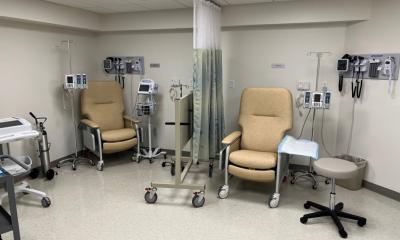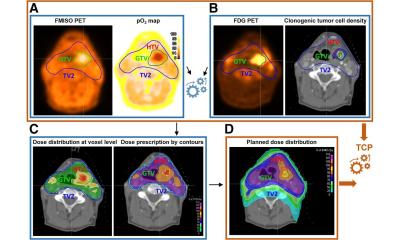Solving the nuclear isotopes shortage
Accelerator facilities suggested for hospitals
At the end of January, the of Concerned Scientists issued a call to improve supplies of nuclear isotopes, which is used in medical imaging. In the face of no firm plans to solve these problems, Tom Ruth, of TRIUMF, Vancouver, Canada, has proposed both short and long-term visions for the future in an Essay in the science journal Nature.
Four-fifths of the most widely-used radionuclide comes from just two nuclear reactor facilities: one in the Netherlands; one in Canada. Due to the short half-life of the isotope, stockpiling for more than a couple of days is impossible. Unexpected closures of both of these aging facilities over the past 18 months caused panic and the cancellation of medical procedures. In addition, both facilities make use of highly enriched uranium, seen by some as a terrorism risk.
Ruth’s solution is to replace reactor-made isotopes with ones made from an accelerator. This is cheaper and safer, as it does not involve highly enriched uranium, but requires the Canadian government to take steps to retain its role as a world leader in nuclear medicine. His vision for the future involves equipping more hospitals with their own accelerator facilities, so that different isotopes can be used to produce clearer, better medical images.
Details: www.nature.com/nature. Essay publication date: 29/1/09.
Tom Ruth: truth@triumf.ca
01.03.2009





